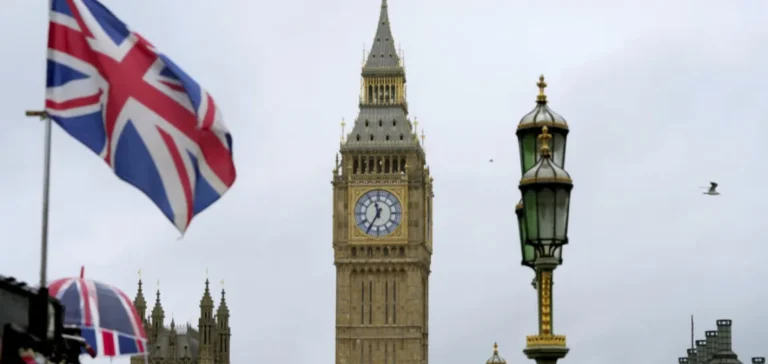The British government is finalising a new fiscal framework to succeed the Energy Profits Levy (EPL), which remains in force until 31 March 2030. The goal is to establish a system capable of collecting a fair share of profits from national resources during periods of exceptionally high prices, while ensuring the administrative simplicity sought by operators on the UK Continental Shelf (UKCS).
Two mechanisms are under consideration: one based on revenues, favoured for its simplicity, and the other based on profits, viewed as fairer but significantly more complex to implement. Analysis by Wood Mackenzie highlights that key parameters—particularly the price thresholds and tax rates—will determine the effectiveness of the new system and its acceptability across the sector.
Operators denounce a gap between taxation and market realities
Despite Brent crude trading below the EPL trigger threshold, the tax continues to apply to all profits due to gas prices remaining above their reference level. Several companies have called for the early removal of the EPL, arguing that keeping it until 2030 undermines near-term investment and worsens fiscal imbalances in an already pressured environment.
Wood Mackenzie reports that only 18% of discovered resources on the UKCS remain undeveloped, and unit technical costs reach $35 per barrel—almost double the global average. UK projects have a median size of 27 mn barrels of oil equivalent, compared with 81 mn globally, with a pre-tax breakeven of $44 per barrel, versus $31 worldwide.
Competing regimes intensify pressure on the United Kingdom
The UK’s fiscal competitiveness lags behind that of other oil-producing jurisdictions. The US Gulf of Mexico has marginal tax rates of 31 to 35%, compared with 40% in the UK after 2030 without EPL. Norway, despite a 78% tax rate, offsets this with state control of resources and a less explored offshore basin. The UK government’s share of revenues remains at 40% for oil priced between $80 and $120 per barrel, while the global average reaches 62%, suggesting potential for adjustment without harming investment appeal.
According to Wood Mackenzie, an effective mechanism should rely on historic daily price data and align with existing fiscal components, such as the ring fence corporation tax and supplementary charge. Such a system would aim to deliver stability and predictability while preserving competitive advantage.
Tax policy decisions become vital for UK offshore survival
The analysis stresses the need for a predictable framework to counterbalance the UKCS’s structural disadvantages. Graham Kellas, senior vice president of fiscal research at Wood Mackenzie, notes that 90% of remaining UK resources are already in production or development. In this context, delaying the implementation of the new mechanism to 2030 could hinder the country’s ability to attract capital to one of the most technically demanding offshore basins in the world.






















